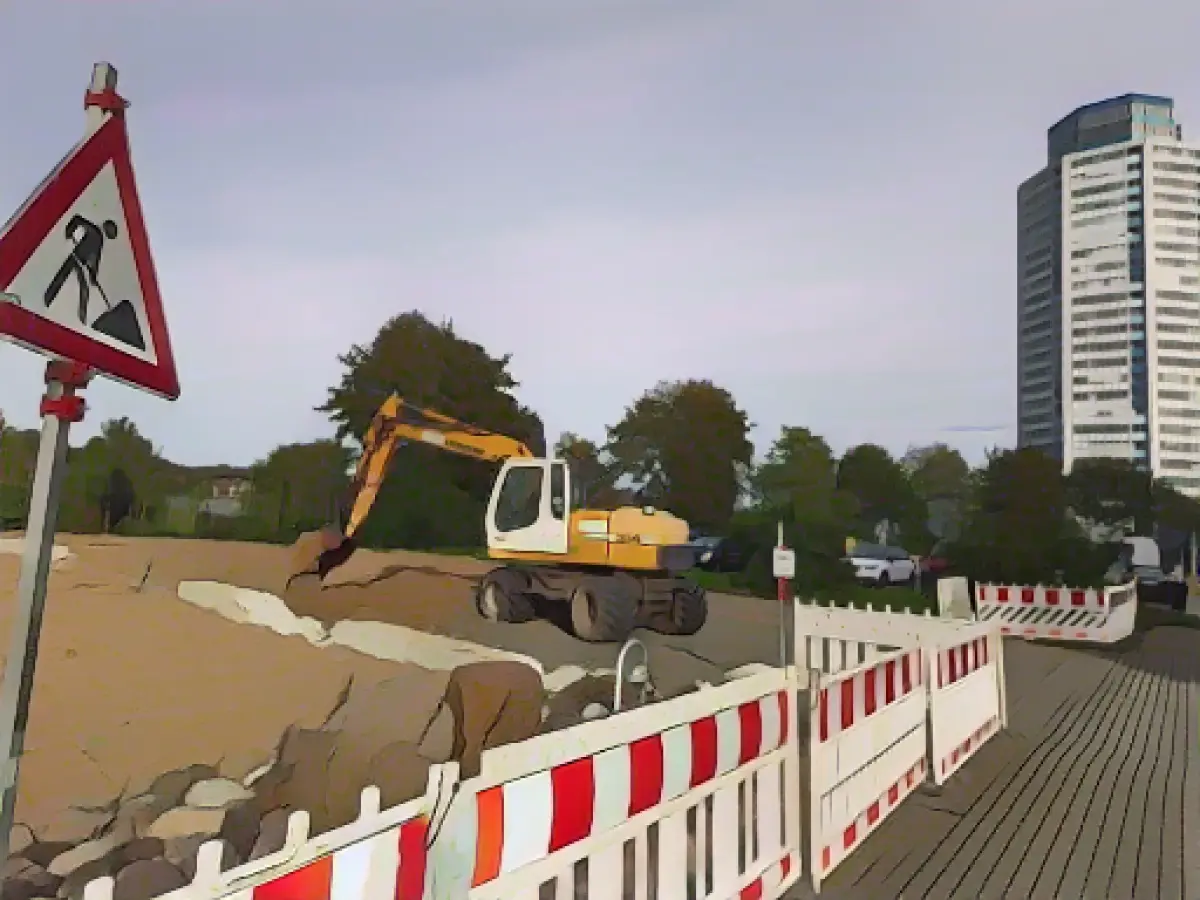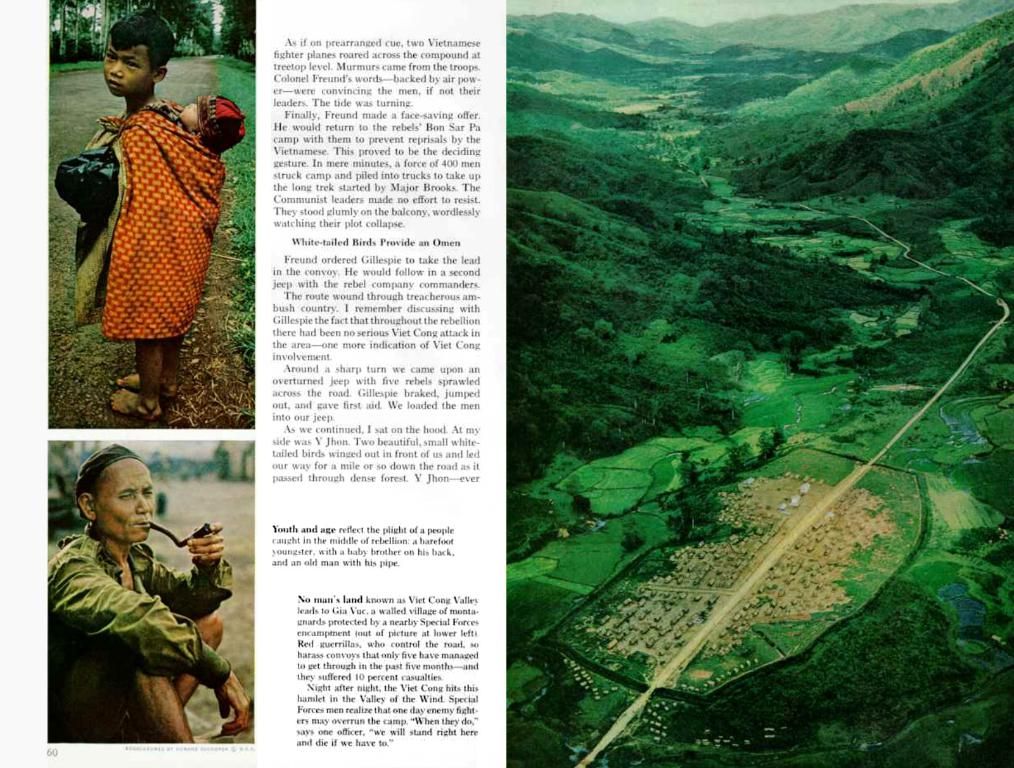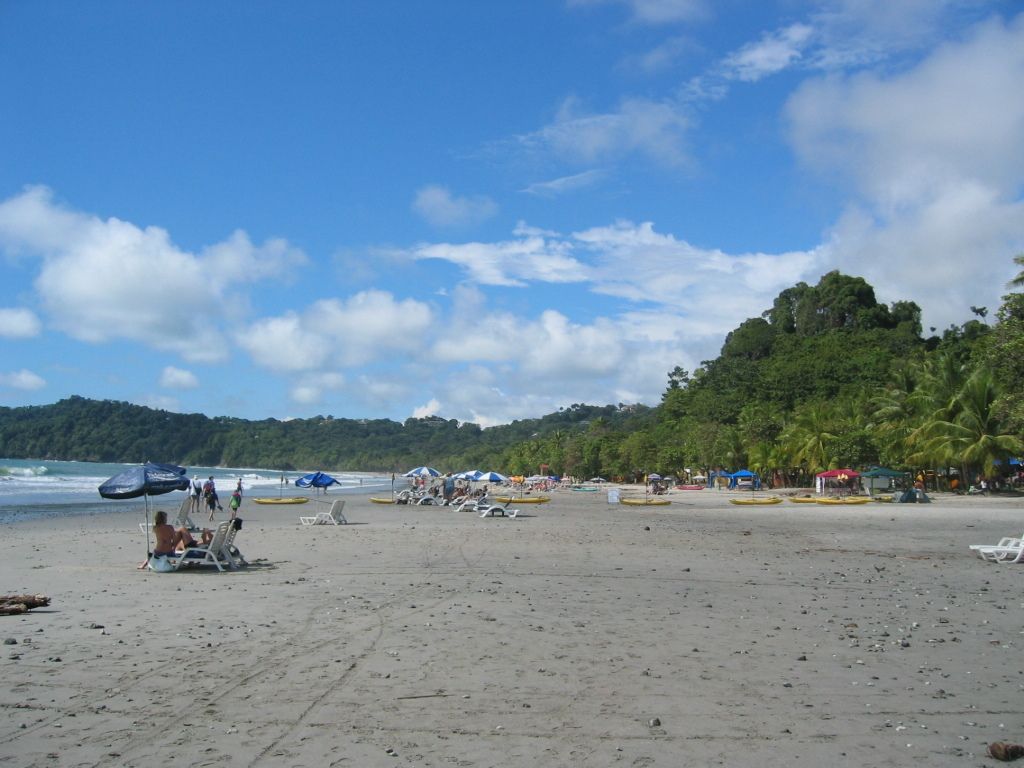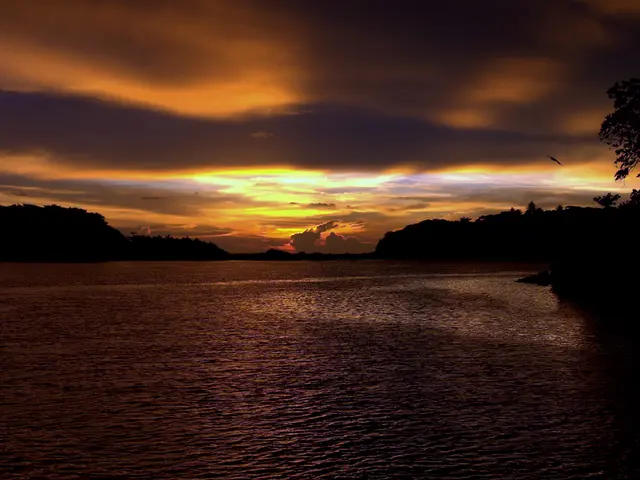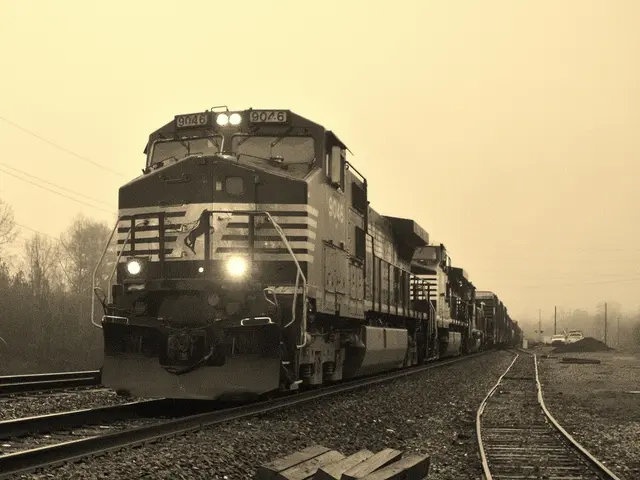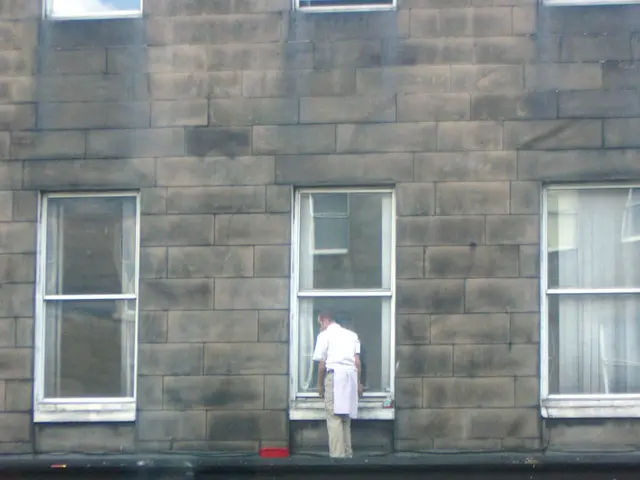Funding of 2.4 Million Euros for Wikingeck Contamination Remediation Unveiled by Schleswig-Holstein
Schleswig-Holstein, the German state, announced a 2.42 million euro funding commitment towards the remediation of the contaminated Wikingeck site in Schleswig. This initiative is expected to make significant strides in alleviating the environmental hazards affecting the region and the Schlei's sensitive ecosystem, according to Minister President Daniel Günther (CDU).
The State Chancellery revealed that the restoration's total cost amounts to 24.2 million euros. Due to initial funding incongruities with the federal government, the Schleswig-Flensburg district took the initiative to cover the preliminary costs of restoration. The Minister President acknowledged the district's foresight, praising its proactive approach to facilitating the restoration's commencement.
The site, formerly a gasworks and an aged roofing felt factory on the Schlei's banks, is one of Schleswig-Holstein's largest recognized contaminated sites. Based on prevailing plans, the remediation is projected to be completed in October 2025.
The state funding will have a positive impact on neighboring municipalities struggling with contamination concerns. The Wikingeck remediation will result in improved environmental conditions, benefiting both fauna and flora within the Schlei ecosystem and surrounding municipalities.
Understanding a Typical Remediation Project
A remediation project typically proceeds through several phases, including site investigation, risk assessment, remediation planning, remediation activities, monitoring, and restoration. Detailed assessments, treatments, and monitoring processes are undertaken to ensure the safe removal and elimination of contaminants.
Project Timeframe and Goals
While the specific timeline for the Wikingeck project hasn't been disclosed, the remediation activities usually take several months to several years to complete, given the project's scale and complexity. The goal of the project is to preserve the Schlei ecosystem's health and promote the region's sustainable development.
Expected Benefits
The expected benefits of the remediation include improved water quality, enhanced biodiversity, and reduced pollution risks for the Schlei ecosystem. Economically, the project may contribute to increased property values, stimulate local businesses, and foster temporary job creation. Socially, the environmentally safer living conditions could result in improved public health and a better quality of life for inhabitants and visitors alike.
While the specifics of this project are yet to be unveiled, residents and stakeholders should remain informed by consulting the latest environmental authority reports to stay updated on the restoration timeline and outcomes.
